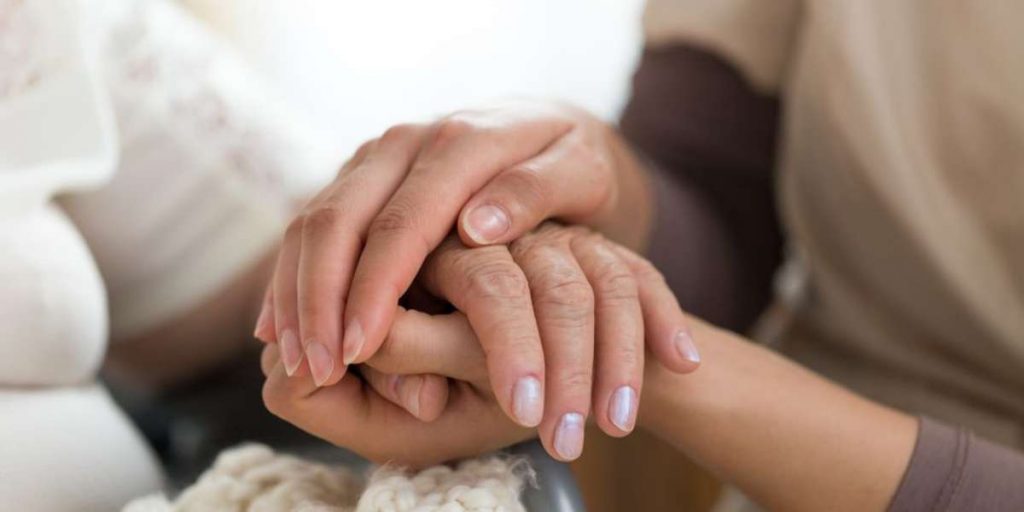Palliative care is critical in providing comfort, support, and dignity to individuals facing severe illnesses and nearing the end of life. Within this realm, caregivers serve as invaluable companions, offering compassionate support during the challenging palliative care journey. In this blog post, we will explore caregivers’ crucial role in enhancing palliative care, discuss the unique challenges and rewards they face, and highlight how KindredCare’s specialized caregivers are trained to provide exceptional support during end-of-life journeys.
- Providing Physical Comfort and Pain Management: One of the primary responsibilities of caregivers in palliative care is to ensure the physical comfort of individuals. They assist with pain management, helping to alleviate discomfort through medication administration, positioning, and providing supportive care to address symptoms such as nausea, shortness of breath, or fatigue. KindredCare’s specialized caregivers receive comprehensive training in pain management techniques, enabling them to effectively manage physical discomfort and optimize the quality of life for individuals in palliative care.
- Emotional and Psychological Support: Caregivers play a pivotal role in providing emotional and psychological support to patients and their families. They offer a compassionate presence, actively listen, and provide a safe space for individuals to express their fears, anxieties, and emotions. Caregivers help alleviate emotional distress and create a supportive environment by being empathetic and understanding. KindredCare’s caregivers undergo specialized training in emotional support, equipping them with the skills to navigate difficult conversations and provide comfort during sensitive moments.
- Facilitating Communication and Decision-Making: Caregivers act as advocates, facilitating communication between healthcare providers, patients, and their families. They help individuals understand their treatment options, discuss their goals of care, and make informed decisions about their treatment plans. Caregivers provide guidance, clarification, and support in navigating complex medical information, ensuring that individuals in palliative care have a voice and maintain control over their healthcare decisions.
- Assisting with Daily Activities and Personal Care: Caregivers assist individuals in palliative care with daily activities and personal care. This includes help with bathing, dressing, mobility support, and maintaining personal hygiene. Caregivers help individuals maintain their dignity and independence by providing these essential services, promoting a sense of normalcy during a challenging time.
- Respite Care and Family Support: Palliative care places a significant burden on family members and loved ones. Caregivers provide respite care, offering relief to family caregivers who may need time to rest, recharge, or attend to their needs. This support is crucial in preventing burnout and ensuring the well-being of family members. KindredCare’s caregivers understand the importance of family support and work collaboratively with families to provide comprehensive care that meets everyone’s needs.
Caregivers play a vital role in enhancing palliative care, providing physical comfort, emotional support, facilitating communication, and assisting with daily activities. Their dedication, compassion, and specialized training make a profound difference in the lives of individuals facing serious illnesses. KindredCare’s specialized caregivers are equipped with the necessary skills and knowledge to provide exceptional support during end-of-life journeys, ensuring that individuals in palliative care receive the utmost compassion, comfort, and dignity they deserve. Through their unwavering commitment, caregivers enhance the overall palliative care experience, offering solace to patients and their families during challenging times.



